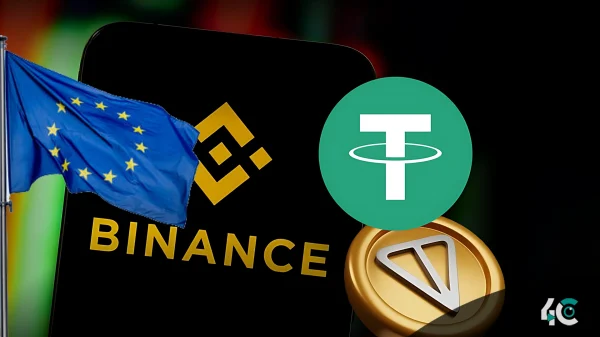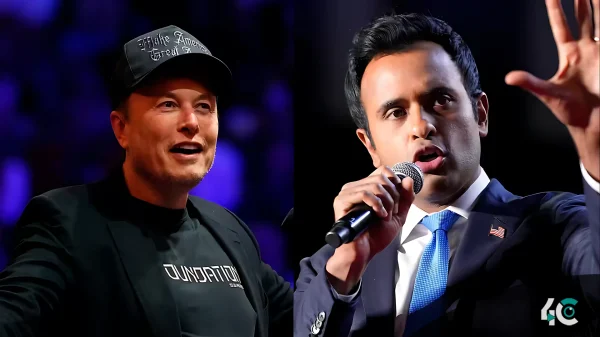In a significant development in the tech industry, both Microsoft and Apple have decided to relinquish their observer roles on OpenAI’s board, citing various strategic and regulatory reasons. This decision comes in the wake of increasing scrutiny over the involvement of major tech companies in artificial intelligence (AI) startups.
Microsoft, which had invested a substantial $13 billion in OpenAI, announced its withdrawal through a letter to the AI firm. The letter, viewed by multiple sources, stated that Microsoft had seen “significant progress” from OpenAI’s newly formed board and felt that its limited role as an observer was no longer necessary. “We appreciate the support shown by OpenAI leadership and the OpenAI board as we made this decision,” Microsoft mentioned in the letter, adding, “This position provided insights into the board’s activities without compromising its independence, and we appreciated the opportunity to serve as an observer during this period of change.”
The decision marks a notable shift since Microsoft’s involvement began after the controversial ouster and subsequent reinstatement of OpenAI CEO Sam Altman in November of the previous year. Microsoft’s role had been instrumental during this period, contributing to the reconstitution of OpenAI’s board, which included adding notable figures like Bret Taylor and former Treasury Secretary Larry Summers.
Simultaneously, Apple, which was expected to take up a similar observer role as part of an agreement to integrate OpenAI’s technology into its devices, has also decided against joining the board. Reports suggest that this decision aligns with regulatory pressures and strategic considerations. Apple has not commented publicly on the matter, but sources familiar with the situation confirm the withdrawal.
OpenAI has responded to these developments by revising its strategy for engaging with its strategic partners and investors. The organization plans to hold regular meetings with partners like Microsoft and Apple, as well as investors such as Thrive Capital and Khosla Ventures, fostering a more collaborative approach to governance and strategic decision-making.
The European Commission and other regulatory bodies have been closely examining the ties between large digital market players and AI developers. The EU, in particular, has expressed concerns about potential antitrust issues arising from Microsoft’s significant investments in OpenAI. Although the EU has concluded that the observer seat did not compromise OpenAI’s independence, ongoing scrutiny and additional third-party views are being sought.
Analysts speculate that Microsoft’s and Apple’s withdrawal from OpenAI’s board could be linked to these regulatory pressures and strategic shifts within the companies. Some suggest concerns over antitrust scrutiny or internal dynamics within OpenAI as possible factors behind the decisions.
Despite stepping back from board roles, both tech giants have reiterated their commitment to maintaining strong partnerships with OpenAI. “We’re grateful to Microsoft for voicing confidence in the board and the direction of the company, and we look forward to continuing our successful partnership,” OpenAI stated.
This move is expected to shape the future interactions and collaborations within the AI industry, reflecting the evolving landscape and regulatory environment.















































